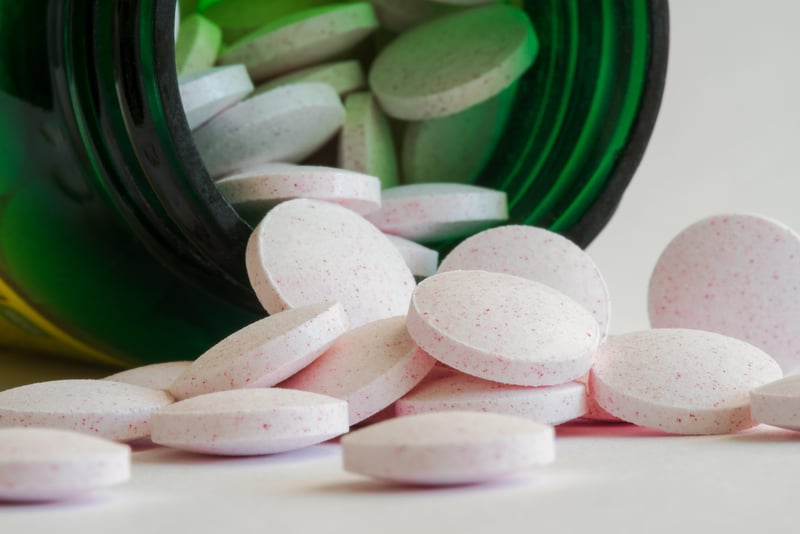Get Healthy!

- Steven Reinberg
- Posted March 27, 2023
Could Melatonin Ease Self-Harm in Kids?
For depressed or anxious children, taking melatonin may afford a good night's sleep and, as a result, lower the odds they will harm themselves, new research suggests.
The risk of self-harm increased before melatonin was prescribed and decreased by about half after kids started taking the supplement, the study found. Teen girls suffering from depression or anxiety were the most likely to benefit.
"This suggests that melatonin might be responsible for the reduced self-harm rates, but we cannot rule out that the use of other psychiatric medications or psychotherapy may have influenced the findings," said senior researcher Sarah Bergen, from the department of medical epidemiology and biostatistics at the Karolinska Institute in Stockholm, Sweden.
"Melatonin is a naturally occurring hormone, and we believe the findings are due to improved sleep," she said.
The study can't prove that melatonin caused the drop off in self-harm, only that there appears to be a link.
Of the more than 25,000 young people in the study, 87% had psychiatric disorders in addition to sleep problems.
"Melatonin was probably only one part of their treatment package," Bergen said. "We found that controlling for antidepressant use did not appreciably alter the results, but it's possible that other medications or psychotherapy are contributing to the observed findings."
For the study, her team identified nearly 25,600 Swedish youngsters between 6 and 18 years of age who were prescribed melatonin.
Most had at least one psychiatric disorder. Attention-deficit/hyperactivity disorder (ADHD), anxiety disorders, depression or autism spectrum disorder were the most common. Girls were about five times more likely to harm themselves than boys, the study authors noted.
Self-harm can include cutting or burning oneself, breaking bones, and other behaviors that can cause injury or lead to suicide attempts.
"Melatonin has no serious side effects and is not addictive, so using it to improve sleep in children and adolescents could be an important intervention strategy leading to reduced self-harm behaviors in this population," Bergen said.
An expert who reviewed the findings agreed that the reduction in self-harm seen in the study is a result of better sleep.
"If you improve sleep, your anxiety or depression, your suicidal ideations, your self-injurious behavior all become less," said Dr. Sanjeev Kothare, director of the division of pediatric neurology at Cohen Children's Medical Center in Queens, N.Y.
Kothare said melatonin can help improve sleep if used correctly.
"One has to take one to three milligrams of melatonin one hour before sleep onset for best efficacy," he said. "It should not be repeated the same night as it will not work. You should not be taking more than 3 to 5 milligrams because it can be harmful."
With or without melatonin, practicing good sleep habits makes a big difference, but Kothare said it can be hard for kids to stick with it.
The keys to getting a good night's sleep include winding down by 9 p.m. with no phones, tablets, TV or computers. At 10 p.m., you can take some melatonin if needed to help get to sleep, Kothare said.
This pattern should become the norm for weekdays and weekends, with no daytime napping, he advised.
"Take away the naps, and maintain similar schedules on weekdays and weekends. Don't take caffeinated drinks after two o'clock in the afternoon and dim the lights at night," he advised. "Use melatonin judiciously and take away all the gizmos when it's sleep time."
The findings were published online March 23 in the Journal of Child Psychology and Psychiatry.
More information
To learn more about melatonin, visit the U.S. National Center for Complementary and Integrative Health.
SOURCES: Sarah Bergen, PhD, department of medical epidemiology and biostatistics, Karolinska Institute, Stockholm, Sweden; Sanjeev Kothare, MD, director, division of pediatric neurology, Cohen Children's Medical Center, Queens, N.Y.; Journal of Child Psychology and Psychiatry, March 23, 2023, online





